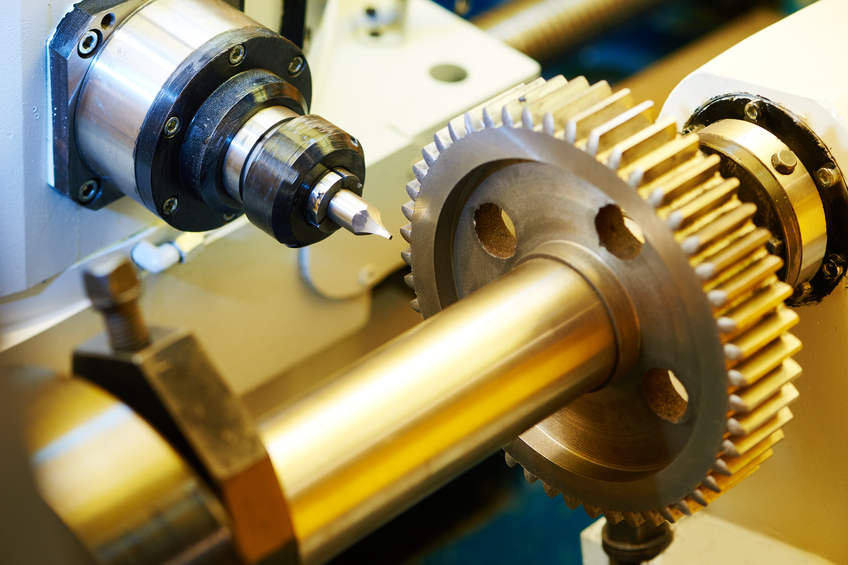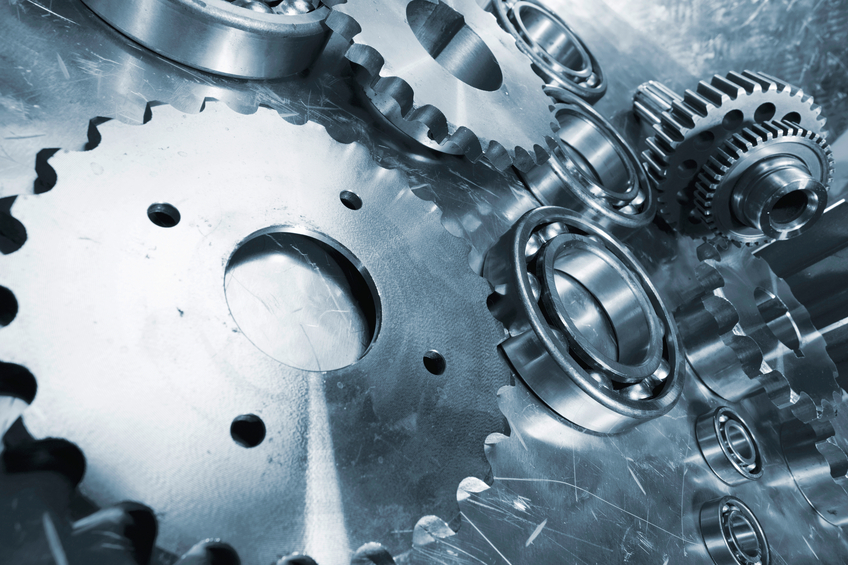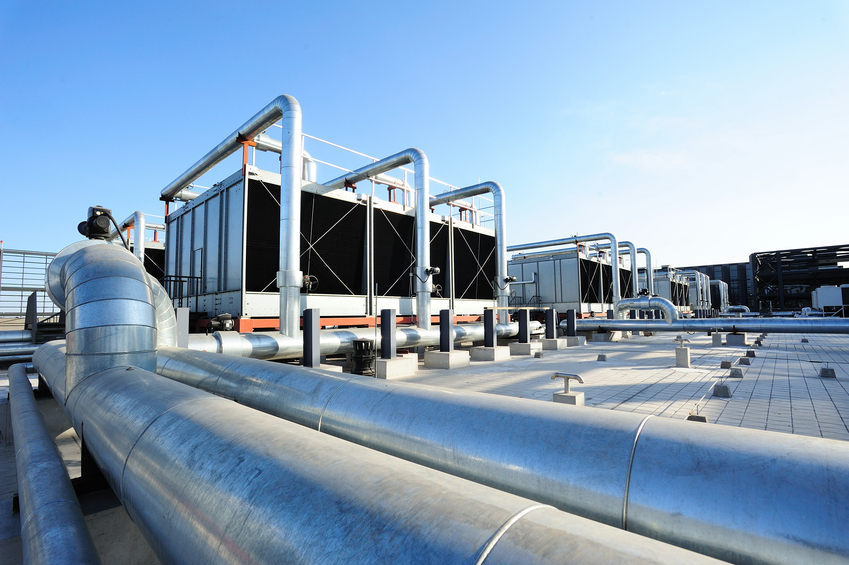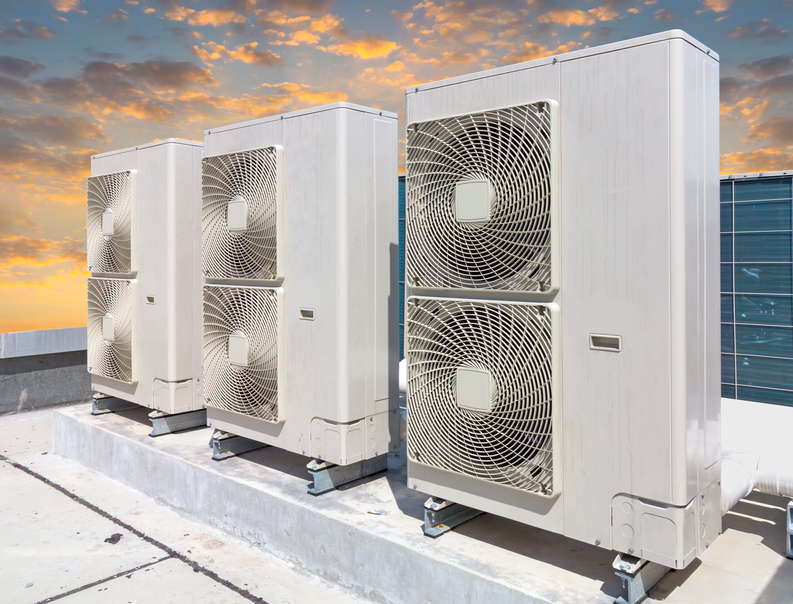Ontario Mechanical 30 PDH Discount Package 2
Basic Machines Part 2 (M03-036)
Miscellaneous Mechanical Equipment (M05-001)
Overview, Installation and Maintenance of Pumps, Valves and Piping (M07-004)
Boiler Basics, Operation and Maintenance (M08-009)
Steam Distribution Systems (D02-008)
Overview of Gas Turbines (M02-057)

This online engineering PDH course presents the basics of modern mechanics developed by Sir Isaac Newton in the late seventeenth century. This course describes the effect of static and dynamic forces on objects and includes a discussion of the forces commonly encountered in daily life. Also this course defines energy, work and power; identifies their various forms; and discusses the conservation of energy, work, and power including the measurement and calculation of each.
This 3 PDH online course is applicable to mechanical and civil engineers, facility and maintenance personnel, and other technical staff who are interested in understanding the principles of engineering mechanics.
This P.Eng. continuing education course is intended to provide you with the following specific knowledge and skills:
- Understanding Newton's Law of motion
- Learning the Principles of Momentum
- Understanding the applications of Newton's Law including force and weight, free body diagrams, forces of equilibrium, and types of forces
- Learning the principles of Energy, Work and Power
- Understanding the Law of Conservation of Energy
In this professional engineering CEU course, you need to review Modules 3, 4 and 5 of the Department of Energy Publication DOE-HDBK-1010-92, "Classical Physics" published by the Department of Energy.
Upon successful completion of the quiz, print your Certificate of Completion instantly. (Note: if you are paying by check or money order, you will be able to print it after we receive your payment.) For your convenience, we will also email it to you. Please note that you can log in to your account at any time to access and print your Certificate of Completion.

This online engineering PDH course discusses the relationship between Work and Power and their different their applications. It also describes the relationship between Force-Pressure and their different applications. Furthermore, this course explains the basics of hydrostatic and hydraulic liquids and highlights their respective machines. The last chapter of this course illustrates the basic machine elements, identifies their respective machine functions and introduces the basics of clutches.
A machine is any device that helps you to do work. It may help by changing the amount of force or the speed of action. Machines may also be used to change the direction of a force or in other cases transform energy; for example, a generator transforms mechanical energy into electrical energy.
This 3 PDH online course is applicable to engineers, designers, manufacturers and anyone interested to gain an understanding of basic machine operations.
This P.Eng. continuing education course is intended to provide you with the following specific knowledge and skills:
- Understanding the relationship between Work and Power and their different applications
- Learning how to determine horsepower ratings
- Understanding the difference between Force and Pressure and their applications in basic machines
- Familiarizing with the different force and pressure measuring devices
- Understanding the difference between hydrostatic and hydraulic liquids and their applications in basic machines
- Understanding the basic machine elements and identifying their respective functions
- Learning about clutch basics
In this professional engineering CEU course, you need to review Chapters 7 through 11, of the Naval Education and Training Professional Development and Technology Center "Basic Machines" NAVEDTRA 14037 - training course.
Once you complete your course review, you need to take a multiple-choice quiz consisting of twenty (20) questions to earn 3 PDH credits. The quiz will be based on this NAVEDTRA publication.
Upon successful completion of the quiz, print your Certificate of Completion instantly. (Note: if you are paying by check or money order, you will be able to print it after we receive your payment.) For your convenience, we will also email it to you. Please note that you can log in to your account at any time to access and print your Certificate of Completion.

This online engineering PDH course provides a fundamental understanding of the purpose, types and operation of various mechanical equipment that have widespread applications in many facilities. This equipment includes cooling towers, air compressors, hydraulic systems, boilers, demineralizers, pressurizers, steam traps, filters and strainers. In addition, this course describes the safety hazards associated with certain types of components.
This 5 PDH online course is applicable to mechanical and chemical engineers, nuclear facility operators, maintenance personnel, and other technical staff who are interested in gaining a better understanding of the operation of the different mechanical equipment.
This P.Eng. continuing education course is intended to provide you with the following specific knowledge and skills:
- Understanding various types of air compressors, operation and safety hazards.
- Understanding hydraulic system operation and safety hazards
- Familiarizing with boilers
- Learning the purpose of the cooling tower and its various types
- Understanding the purpose and types of deminerilizers
- Knowing the general description and operation of a pressurizer
- Learning the fundamentals of steam traps and their different types
- Distinguishing between filters and strainers and learning their different types
In this professional engineering CEU course, you need to review DOE-HDBK-1018/2-93, Volume 2, Module 5 "Miscellaneous Mechanical Components" published by the Department of Energy.
Upon successful completion of the quiz, print your Certificate of Completion instantly. (Note: if you are paying by check or money order, you will be able to print it after we receive your payment.) For your convenience, we will also email it to you. Please note that you can log in to your account at any time to access and print your Certificate of Completion.

This online engineering PDH course covers the basic operating principles of pumps, discusses their different types, and explains their installation and maintenance methodologies. This course also presents the auxiliary components such as the different types of valves, piping and other accessories typically used in pump systems.
A pump is a device that uses an external source of power to force the fluid to move from one place to another. A pump develops no energy of its own; it merely transforms energy from the external source, such as a gasoline or electric motor, into mechanical kinetic energy, which is manifested by the motion of the fluid.
A valve is any device used to control fluids in a closed system, and is typed or classified according to its use in a system. This course will discuss valve construction and the most common types of valves used in the industry.
The control and application of fluid power would be impossible without a suitable means of conveying the fluid from the power source to the point of application. Fluid lines used for this purpose are called piping. They must be designed and installed with the same care applicable to other components of the system. To obtain this desired result, attention must be given to the various types, materials, and sizes of lines available for the fluid power system.
This 7 PDH online course is intended for mechanical engineers as well as others who are interested in gaining general knowledge of pumps, valves, and pipes in fluid systems.
This P.Eng. continuing education course is intended to provide you with the following specific knowledge and skills:
- Understanding the principles of pump operation
- Familiarizing with the different types of pumps
- Learning about the basic types and functions of valves, steam traps, and strainers
- Knowing the different types of filters
- Familiarizing with piping, tubing and their associated fittings
- Familiarizing with the different types of packing and gasket material
Upon successful completion of the quiz, print your Certificate of Completion instantly. (Note: if you are paying by check or money order, you will be able to print it after we receive your payment.) For your convenience, we will also email it to you. Please note that you can log in to your account at any time to access and print your Certificate of Completion.

This online engineering PDH course provides information on steam generation, types of boilers pertinent to engineering operations, and the various fittings and components commonly found on boilers.
The boiler is an enclosed vessel in which water is heated and circulated, either as hot water or steam, to produce a source for either heat or power. A central heating plant may have one or more boilers that use gas, oil, or coal as fuel. The steam generated is used to heat buildings, provide hot water, and provide steam for cleaning, sterilizing, cooking, and laundering operations. Small package boilers also provide steam and hot water for small buildings.
A boiler must also meet certain requirements before it is considered satisfactory for operation. The boiler must be safe and economical to operate, and it must be able to generate steam at the desired rate and pressure.
This 8 PDH online course is applicable to mechanical engineers and professionals who are interested in learning more about the operation, maintenance, and repair of boilers used in various engineering applications.
This P.Eng. continuing education course is intended to provide you with the following specific knowledge and skills:
- Familiarizing with the steam generation theory
- Understanding boiler design requirements
- Learning about the different types of boilers, their fittings and accessories
- Identifying the automatic controls associated with boilers
- Learning about the different types of instruments and meters
- Knowing the procedures associated with boiler water treatment and cleaning
- Gaining an overview of the procedures associated with boiler maintenance
Upon successful completion of the quiz, print your Certificate of Completion instantly. (Note: if you are paying by check or money order, you will be able to print it after we receive your payment.) For your convenience, we will also email it to you. Please note that you can log in to your account at any time to access and print your Certificate of Completion.

This online engineering PDH course provides a basic description of the steam distribution systems along with an overview of the main associated components.
A steam boiler is virtually useless for heating without a good distribution system that transports the steam to the areas that require heating. In this course, the term distribution system refers to the network of piping required to distribute steam from a boiler room (or boiler plant) through the steam pipes to the equipment using the steam. The course discusses both exterior and interior systems, including their maintenance requirements and various associated components.
This 2 PDH online course is applicable to industrial and mechanical engineers as well as technical personnel interested in gaining a better understanding of steam distribution systems.
This P.Eng. continuing education course is intended to provide you with the following specific knowledge and skills:
- Understanding the different types of exterior steam distribution systems
- Familiarizing with the different types of interior steam distribution systems
- Learning the basic components of steam distribution systems as well as their operation and maintenance considerations
Upon successful completion of the quiz, print your Certificate of Completion instantly. (Note: if you are paying by check or money order, you will be able to print it after we receive your payment.) For your convenience, we will also email it to you. Please note that you can log in to your account at any time to access and print your Certificate of Completion.

This online engineering PDH course provides an overview of gas turbines, by briefly discussing the basic theory, types, construction features, and operating principles of gas turbine engines.
The gas turbine is an internal combustion engine that uses air as the working fluid. The engine extracts chemical energy from fuel and converts it to mechanical energy using the gaseous energy of the working fluid to drive the engine.
The gas turbine, when compared to other types of engines, may offer many advantages. Its high power-to-weight ratio has made it the preferred engine for an aircraft. In terms of fuel economy, modern gas turbines may compete with diesel engines and be superior to boiler/steam turbine plants.
This 2 PDH online course is applicable to mechanical engineers as well as others who are interested in learning about Gas Turbines.
This P.Eng. continuing education course is intended to provide you with the following specific knowledge and skills:
- Familiarizing with the laws and principles that apply to gas turbine engines
- Understanding the methods used to classify gas turbines
- Learning about the major components used on gas turbines
- Learning about the functions of the starting systems and the types of ignition aids
- Gaining a general overview on the types of gas turbine monitoring systems
Upon successful completion of the quiz, print your Certificate of Completion instantly. (Note: if you are paying by check or money order, you will be able to print it after we receive your payment.) For your convenience, we will also email it to you. Please note that you can log in to your account at any time to access and print your Certificate of Completion.